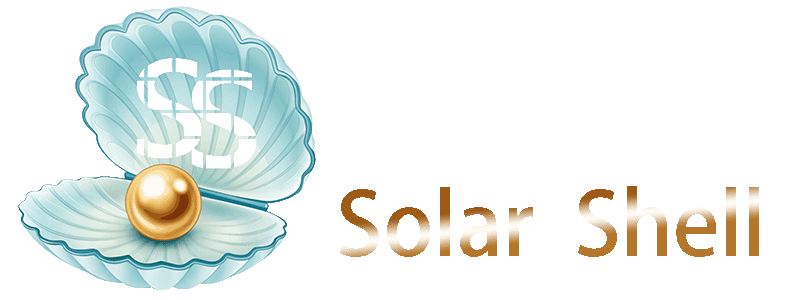What is Mother of Pearl?
The first shimmering glimpse of mother of pearl can take your breath away. But this delicate material requires special care to maintain its beauty.
Mother of pearl is a natural iridescent material formed from layers of calcium carbonate and proteins in mollusk shells, creating its unique rainbow-like shine through microscopic structures that reflect light.

This luminous material has been treasured for centuries in decorative arts, jewelry, and architecture. Let’s explore how to properly care for mother of pearl products to preserve their natural beauty.
Can Mother of Pearl Be Sanded?
Want to restore a scratched mother of pearl surface? You need to handle this delicate material carefully.
Mother of pearl can be lightly sanded with extreme caution, but aggressive sanding will permanently damage its layered structure and natural iridescence by removing the thin crystalline layers that create its shine.

While technically possible, sanding mother of pearl is generally not recommended. The material’s fragile structure means you can easily ruin its appearance with improper sanding. Here’s what you need to know:
Understanding the Risks
- Layer thickness: Each iridescent layer is only micrometers thick
- Structural impact: Removing even small amounts affects light reflection
- Visible damage: Over-sanding creates dull patches that can’t be restored
Safe Alternatives to Sanding
For minor imperfections, try these gentler methods:
| Method | Materials Needed | Best For |
|---|---|---|
| Micro-polishing | 2000+ grit wet sandpaper | Light surface scratches |
| Wax filling | Beeswax, microfiber cloth | Hairline cracks |
| Pearl powder repair | Matching powder, adhesive | Chips or deeper damage |
Professional restoration using pearl powder mixed with binding agents often achieves better results than mechanical sanding.
Can Mother of Pearl Get Wet?
That beautiful mother of pearl jewelry looks perfect for everyday wear – but is it water-safe?
While brief water exposure won’t immediately damage mother of pearl, prolonged contact causes gradual deterioration by breaking down the organic proteins that bind its crystalline structure together.

The relationship between water and mother of pearl is complicated. Though the material comes from aquatic creatures, finished products need protection:
The Science Behind Water Damage
Water affects mother of pearl in several ways:
- Protein breakdown: Organic binders dissolve over time
- Layer separation: Moisture weakens structural integrity
- Mineral dissolution: Calcium carbonate slowly leaches out
Practical Water Protection Tips
- Immediately dry any wet surfaces
- Never soak mother of pearl items
- Avoid humid environments for storage
- Use waterproof sealants for outdoor applications
Can Mother of Pearl Go in Water?
Considering a mother of pearl bathroom design or poolside decoration? Think twice.
Mother of pearl shouldn’t be permanently placed in water environments, as the continuous exposure will accelerate structural breakdown through chemical reactions that erode both mineral and organic components.

While mother of pearl originates underwater, processed decorative materials have different requirements:
Chemical Reactions to Avoid
- Chlorine attack: Forms soluble calcium salts
- Acid dissolution: Even weak acids cause etching
- Organic decay: Bacterial growth in pores
When Temporary Water Exposure is Acceptable
- Brief cleaning with damp cloth
- Quick rinsing if properly dried
- Occasional decorative fountain use
For permanent water features, consider sealed alternatives or accept that frequent replacement may be needed.
Conclusion
Mother of pearl dazzles with natural beauty but demands careful handling – avoid excessive sanding, limit water exposure, and preserve its fragile iridescence through proper care.







